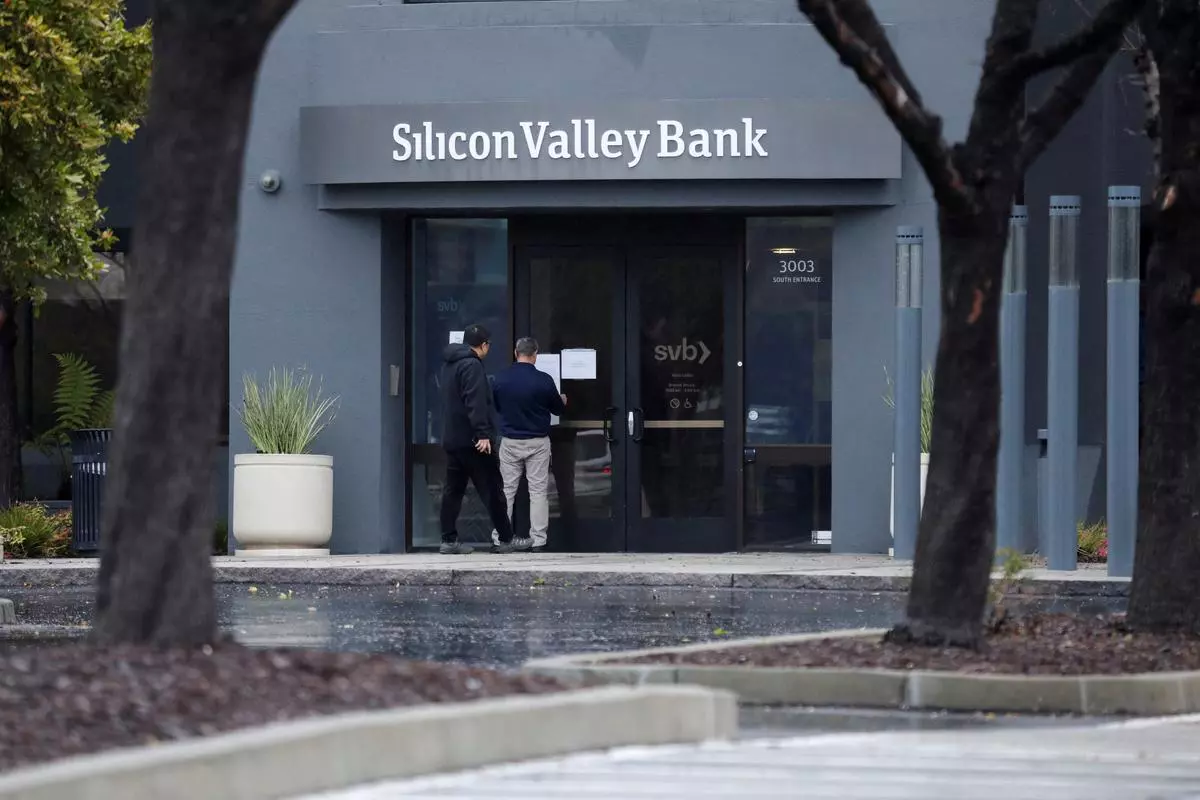Silicon Valley Bank Collapse Analysis – Silicon Valley Bank (SVB) was one of the largest banks in the world, catering specifically to startups, venture capitalists, and other high-net-worth individuals. However, in the past few years, SVB has been struggling, with many analysts predicting that it is on the verge of collapse. This article will explore the reasons behind the collapse of SVB and its impact on the startup and venture capital industry.
The History of Silicon Valley Bank
Before delving into the reasons behind the collapse of SVB, it is important to understand its history. SVB was founded in 1983 by three entrepreneurs, who wanted to create a bank that catered specifically to the unique needs of startups and venture capitalists in Silicon Valley. Over the years, SVB grew rapidly and expanded its services to other tech hubs across the world, such as New York, Boston, London, and Hong Kong.
The Reasons Behind the Collapse of Silicon Valley Bank
Mismanagement and Overreliance on Venture Capital
One of the primary reasons behind the collapse of SVB is mismanagement and overreliance on venture capital. SVB’s business model was heavily reliant on the success of the startups and venture capitalists it served. However, in recent years, the venture capital industry has been experiencing a downturn, with many startups failing to secure funding. This has directly impacted SVB’s revenue streams, causing a decline in its profits.
Competition from Fintech Startups
Another reason behind SVB’s collapse is the rise of fintech startups. Fintech startups offer innovative solutions to traditional banking services, catering specifically to the needs of tech startups and venture capitalists. Many of these fintech startups have been able to offer better services at a lower cost, which has caused SVB to lose its competitive edge.
Regulatory Compliance Issues
SVB has also been plagued by regulatory compliance issues. As a bank that catered to startups and venture capitalists, SVB had to comply with a plethora of regulations, including anti-money laundering and know-your-customer regulations. These regulations are often complex and costly to comply with, and SVB’s failure to comply with them has resulted in heavy fines and legal costs.
The Impact of the COVID-19 Pandemic
Finally, the COVID-19 pandemic has had a significant impact on SVB’s collapse. The pandemic has caused a global economic downturn, with many startups and venture capitalists struggling to secure funding. This has directly impacted SVB’s revenue streams, causing a decline in its profits.
The Impact of Silicon Valley Bank’s Collapse
The collapse of SVB has had a significant impact on the startup and venture capital industry. Some of the impacts include:
Loss of Funding for Startups
SVB’s collapse has resulted in a loss of funding for startups. As one of the largest banks catering specifically to startups, SVB played a crucial role in providing funding to startups. With its collapse, startups have been left scrambling to secure funding, which has resulted in many startups shutting down.
Disruption to the Venture Capital Industry
SVB’s collapse has also disrupted the venture capital industry. Many venture capitalists relied on SVB to provide funding to startups, and its collapse has caused a ripple effect throughout the industry.
Increase in Competition
The collapse of SVB has also resulted in an increase in competition among other banks and fintech startups. With SVB out of the picture, other banks and fintech startups are scrambling to fill the void left behind.
Conclusion
In conclusion, the collapse of Silicon Valley Bank has been a significant blow to the startup and venture capital industry. The reasons behind its collapse are complex and multifaceted, ranging from mismanagement to regulatory compliance issues. However, the impact of SVB’s collapse on the industry has been significant, with many startups and venture capitalists left without crucial funding. The disruption to the venture capital industry and the increase in competition among other banks and fintech startups has also been notable. It remains to be seen how the industry will adapt to this new reality and what the future holds for startups and venture capitalists.
FAQs
- What was Silicon Valley Bank’s primary business?
SVB’s primary business was catering to startups, venture capitalists, and other high-net-worth individuals.
- What caused Silicon Valley Bank’s collapse?
Silicon Valley Bank’s collapse was caused by a combination of factors, including mismanagement, overreliance on venture capital, regulatory compliance issues, and the impact of the COVID-19 pandemic.
- What is the impact of Silicon Valley Bank’s collapse on the startup industry?
The collapse of Silicon Valley Bank has had a significant impact on the startup industry, with many startups left without crucial funding.
- How has the venture capital industry been impacted by Silicon Valley Bank’s collapse?
The venture capital industry has also been disrupted by Silicon Valley Bank’s collapse, with many venture capitalists relying on SVB to provide funding to startups.
- What is the future of startups and venture capitalists in the wake of Silicon Valley Bank’s collapse?
It remains to be seen how the industry will adapt to this new reality, but it is likely that startups and venture capitalists will need to rely on alternative sources of funding and services in the future.




